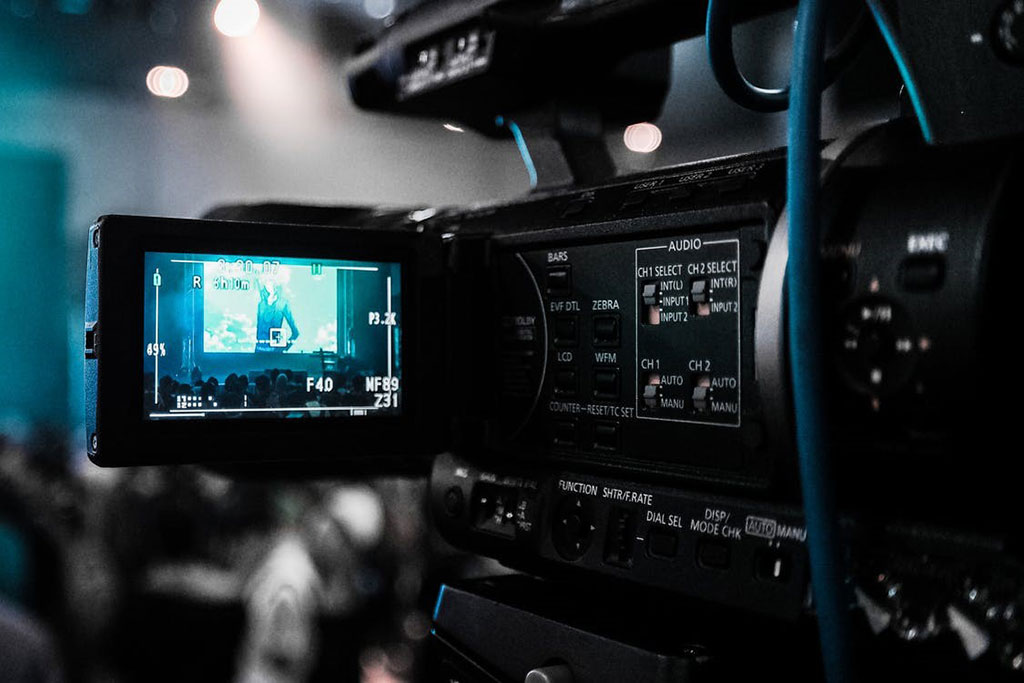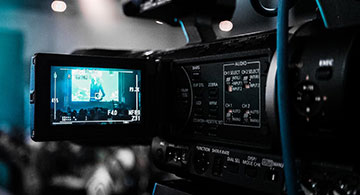 Lights, camera, and live! These words have been a theme in my life recently, due to several incredible opportunities of being interviewed by mainstream media channels. The interviews ranged in topics, length and medium. There was an outdoor interview while standing on icy sidewalks, a live radio interview early in the morning before breakfast, over Skype where I had to use my phone, and in a news studio. Here are some thoughts I had on these experiences.
Lights, camera, and live! These words have been a theme in my life recently, due to several incredible opportunities of being interviewed by mainstream media channels. The interviews ranged in topics, length and medium. There was an outdoor interview while standing on icy sidewalks, a live radio interview early in the morning before breakfast, over Skype where I had to use my phone, and in a news studio. Here are some thoughts I had on these experiences.
There was a feeling of haste. I realized this during the two recent interviews that I had in January 2020. Two media outlets wanted to interview me about my personal perspective about the Taal Volcano eruption. The two interviews took place within hours of each other, and it impacted my work routine for that day. When I was asked to join a news panel about the Federal election last October, the request from the journalist was sent on Twitter three days beforehand, and the interview was over Thanksgiving long weekend.
There was a feeling of protectiveness. The last thing I want is to blunder on live radio and say something embarrassing or flat out wrong. I am aware of people’s tendency to over-generalize people, especially people of color. So, I’m conscious of the fact that there is a likelihood that what I say might reflect poorly on our fellow Filipinos. Because of this, setting clear expectations were paramount. For the Taal Volcano interviews, I made it clear that I am in no way a scientist, volcano expert, or even an official representative of a Philippine organization or consulate. I told them, “I’m an average Filipino-Canadian, and the only comments I can share are personal”.
There was a feeling of uncertainty. When it came to the first requests I received, I wasn’t sure what to expect. The media equipment looked intimidating, from the camera that were much taller than me, to the large microphone with fuzzy foam around it. I wondered how much of the 10-minute conversation would actually be included in the 6 PM news segment. Thankfully, this became easier over time, as I slowly realized that journalists are people just trying to do their jobs, and that there are real challenges in the news and media industry in Canada.
There is a feeling of pride. It feels good to know that someone thought that my perspective on the topic was valuable for the journalist. There are several instances where I share my perspective as an immigrant about an issue that universally affects everyone, such as snow clearing, and the reporters seems to appreciate it. Beyond being a Filipino, my other identities and titles seem to be positively highlighted in some of the interviews. My non-Filipino coworkers and volunteers saw the interviews and these have become a source of meaningful conversations and greater awareness of certain topics.
For anyone who gets contacted by mainstream media outlets for an interview, I highly recommend embracing the opportunity. Don’t be shy about teaching the reporters the proper spelling and pronunciation of names and terminology, and take pride in this valuable method of sharing information, awareness, and hope to others.


